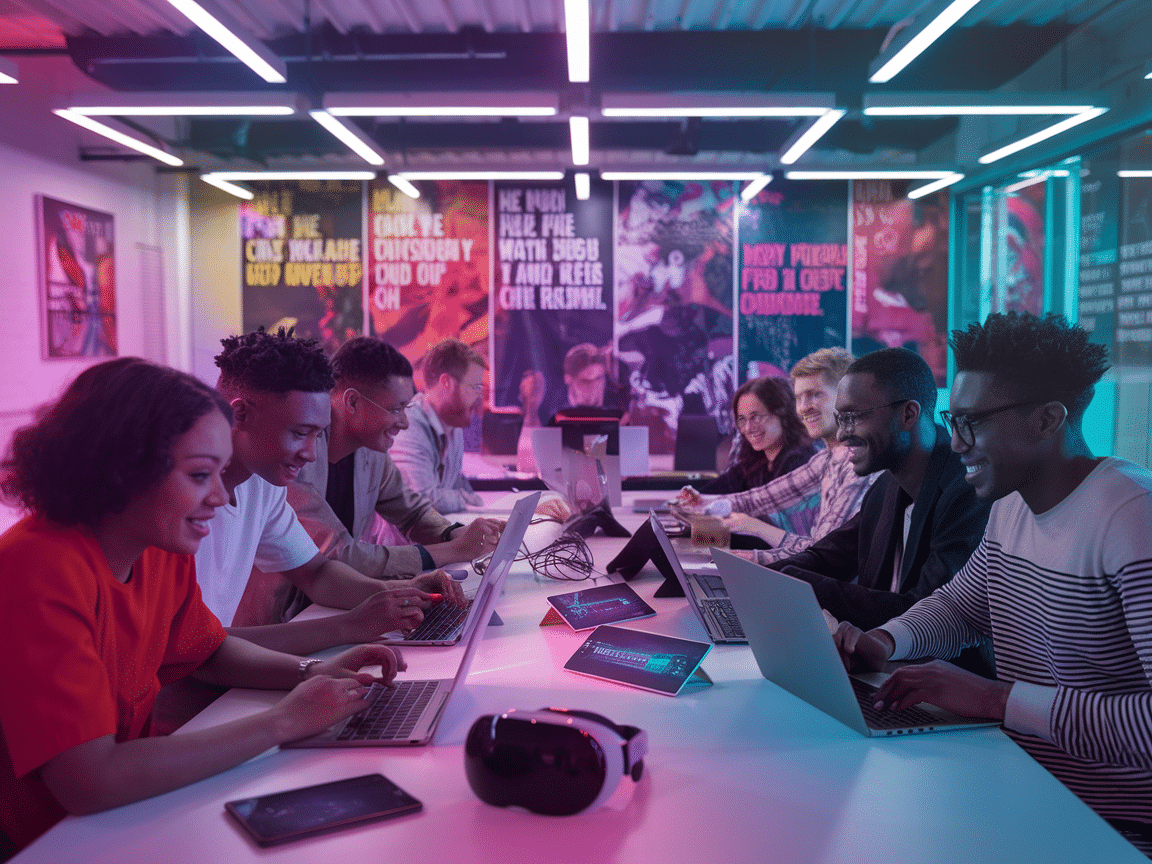The Nigerian music industry, renowned for its talent and global impact, has also been plagued by structural inefficiencies that hinder its full potential. Among these inefficiencies, the absence of a standardized and professional approach to bookings and licensing stands out. It is high time for stakeholders — artists, label owners, and other professionals — to adopt a structured framework that brings order to the chaos.
The Need for Professional Booking Agents
In the golden era of the music business, artists and their labels relied on exclusive booking agents to handle their engagements. These agents acted as gatekeepers, ensuring that bookings were legitimate, terms were clear, and the artist’s brand was protected. Today, this structure has been largely abandoned, replaced by a free-for-all system where anyone with access to an artist can claim to facilitate deals.
This informal approach has given rise to several issues:
- Unregulated Bookings via Social Media
It’s not uncommon to hear of deals being brokered via platforms like Snapchat or Instagram. A fan who manages to take a picture or record a video with an artist suddenly markets themselves as capable of securing bookings. Such situations create confusion, misrepresentation, and financial losses.
2. Unqualified Intermediaries
The absence of trained booking agents often means that crucial conversations, such as music licensing or contract negotiations, are handled by individuals who lack the necessary expertise. A licensing discussion should never involve someone unfamiliar with its technical and legal intricacies.
The Financial Fallout of Informal Bookings
Consider this common scenario:
An artist is valued at ₦20,000,000 for an appearance. A member of their camp approaches a promoter, offering to secure the deal for ₦12,000,000. Enticed by the apparent discount, the promoter transfers the money to a personal account, only to later discover that the artist refuses to perform for anything less than ₦10,000,000. Meanwhile, the intermediary keeps ₦2,000,000 as a cut for themselves.
This system damages trust and creates unnecessary friction between artists, their management, and promoters. Worse still, it devalues the artist’s worth and compromises their brand integrity.
The Solution: Reinstate Booking Agencies
The solution to this chaos lies in a return to structure:
1.Exclusive Contracts with Booking Agencies
Labels should enter into exclusive agreements with reputable booking agencies. These agencies would handle all artist bookings, ensuring transparency and professionalism.
2.Clear Protocols for Engagements
Labels and artists must insist on formal contracts for every engagement. Payments should be made to official label or agency accounts, not personal accounts, to avoid financial disputes.
3.Education and Awareness
Stakeholders need to understand the importance of proper channels. Artists should educate their teams about the harm caused by informal dealings, and promoters must prioritize professionalism over short-term savings.
4.Accountability and Enforcement
The industry should establish an oversight body to regulate and monitor bookings. This body could enforce standards and penalize those who bypass official protocols.
Conclusion
The Nigerian music industry has the potential to grow even more robust and influential, but this requires stakeholders to embrace structure and professionalism. By reinstating the role of booking agents, adopting exclusive agency agreements, and formalizing all dealings, we can protect artists’ brands, foster trust, and ensure that the industry thrives sustainably.
The time for change is now for the sake of the artists, their teams, and the future of Nigerian music.


No Comments - be the first.